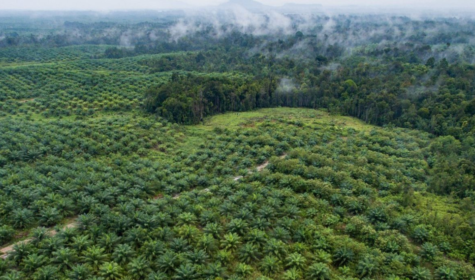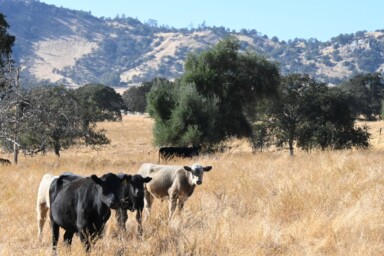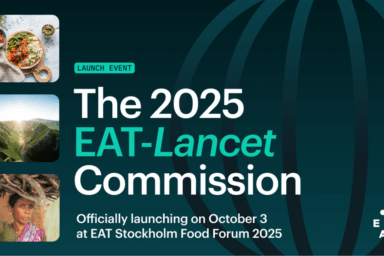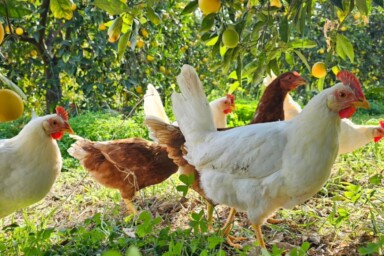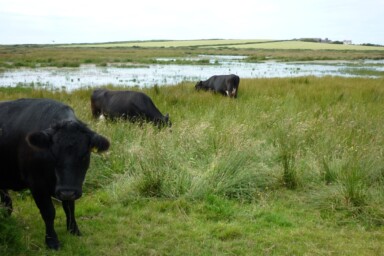UK livestock farmers could use more local alternatives to soya meal and palm kernel meal without reducing productivity. This is essential to reduce ever-increasing demand and associated destruction of rainforests in the Amazon and South-East Asia. But it is not just up to farmers. Vegans and others who buy milk substitutes made from soya are also harming the planet. They would do better to switch to milk from cows, and especially cows traditionally grazed on grass, if they want to help make a more sustainable planet. These are among the key findings of a new review of evidence.
Global production of soya bean and palm oils has doubled over the last 20 years and consumption is still rising. Together, the two oils account for 90% of global vegetable oil production and are used in processed foods and non-food products (including paint, ink and cosmetics), both also produce by-product meals used as animal feeds. Demand is driven by human and animal consumption. Soya meal is also used in a wide range of foods and pet foods, but use of the meals in livestock feed plays a major role in making the cultivation of these crops profitable.
International commodities trader, Cargill, warned last year that it and other companies would not meet their 2014 commitment to eliminate deforestation from the production of agricultural products by 2020. At the same time the significant increase in the number of fires in the Amazon became headlines internationally, with concern raised about associated greenhouse gas emissions, biodiversity loss and soil degradation.
Livestock feed manufacturers favour the use of soya bean meal over other high-protein feeds, with over a million tonnes used in UK livestock feed annually. Widespread availability, high level and high quality of protein make soya bean meal attractive for use in pig, poultry and dairy cow rations. Palm kernel meal has more limited use, predominantly in dairy cow rations, especially as a supplement to grazed pastures. This practice should, however, be reconsidered. Grass has a relatively high protein content and adding palm kernel meal to the diet results in excessive nitrogen excretion and pollution of both air and water.
The authors calculate that about 85 litres of milk is produced in the UK for every kilo of soya bean meal consumed by dairy cows. In contrast, no more than 7.5 litres of soya drink are produced from a kilo of whole soya beans. As a result, drinking milk from cows in the UK uses 11 times less soya than consuming drinks made directly from soya. Use of soya could be cut still further if farmers used more alternative sources of protein and consumers actively sought milk produced from cows that graze grass. In Europe as a whole, milk from cows is only 4 times more efficient than soya drinks in terms of soya use. The use of concentrates is higher because grass is a less productive crop in many countries than in the UK.
A wide range of alternative protein sources is available for use in livestock nutrition, including rapeseed meal, distillers’ grains and pulse grains, including beans and peas. Trials at the University of Nottingham have demonstrated that these alternatives can be used successfully and can even increase productivity in dairy cattle and pigs.
SFT chief executive, Patrick Holden said, “This is an important study. It shows that livestock farmers could reduce their dependence on imported protein, which is produced at such a high environmental cost, and rely more on home produced feed. But it also shows that drinking cows’ milk uses far less soya than drinks made from soya, because most of the milk comes from grass. This highlights the importance of grass, a crop ideally suited to our climate and the grazing animals that turn it into high quality foods we can eat”.
